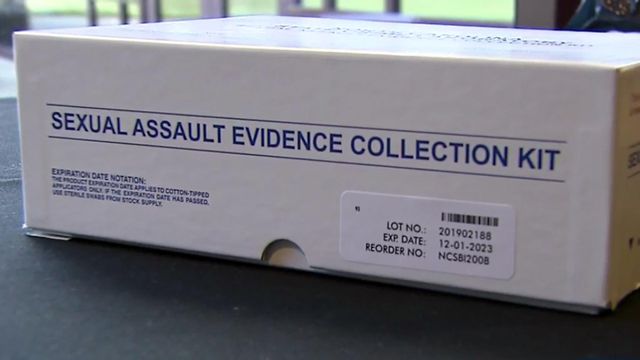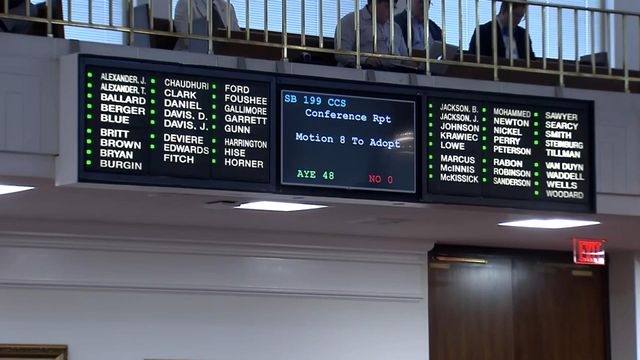NC sexual assault reforms pass unanimously, await governor's signature
A wide-ranging package of legislation reforming sexual assault laws passed both chambers of the NC General Assembly unanimously today, with two measures closing decades-old legal loopholes on the definition of rape that set North Carolina apart.
Posted — UpdatedBefore Thursday, North Carolina was the only state in the nation where continuing sex with someone after that person revoked consent was not considered a crime.
The legislation also increases the statute of limitation for a child sexual assault victim to sue, expands the duty of anyone over 18 to report knowledge of a sex crime against a juvenile, requires school personnel training on child sex abuse and sex trafficking, bans online conduct by high-risk sex offenders that endangers children and prohibits attempts to drug someone’s food or drink.
The measure would become law if signed by Gov. Roy Cooper.
Several of the measures in the bill had been strongly supported by North Carolina district attorneys, who said the loopholes created by precedents interfered with their ability prosecute some cases.
“There’s just an enormous amount of benefit for all of these things,” said District Attorney Ashley Welch, whose district includes the six southwestern counties of North Carolina. “This would allow us to more aggressively go after someone who engages in non-consensual (activity).”
Related Topics
• Credits
Copyright 2024 Carolina Public Press. All rights reserved.






